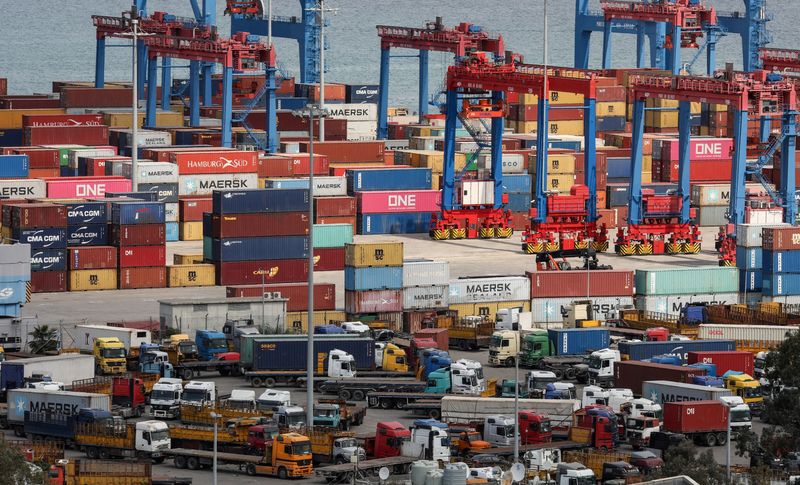Shipping is on the verge of bankruptcy
2022.11.29 01:22
[ad_1]

Shipping is on the verge of bankruptcy
Budrigannews.com – According to UNCTAD’s statement on Tuesday, the outlook for trade is being impacted by economic turmoil, the conflict in Ukraine, and the impact of the pandemic, which will slow the pace of global shipping activity next year.
After a year marked by Russia’s invasion of Ukraine and skyrocketing inflation, the world’s largest investment banks anticipate that global economic growth will slow further in 2023.
Shipping, which transports more than 80% of global trade, is expected to be affected by the slowdown, though tanker freight rates may continue to be high.
In its Survey of Sea Transport for 2022, the Unified Countries Meeting on Exchange and Improvement (UNCTAD) projected worldwide sea exchange development would direct to 1.4% this year and remain at that level in 2023.
This contrasts with a predicted decrease of 3.8 percent in 2020 and an overall shipment volume of 11 billion tonnes in 2021.
According to UNCTAD, “downside risks are weighing heavily on this forecast,” growth is anticipated at an annual average of 2.1% for the entire 2023-2027 period, which is slower than the average of 3.3% over the previous three decades.
“The recovery in maritime transport and logistics is now at risk from the war in Ukraine, the continued grip of the pandemic, lingering supply-chain constraints, China’s cooling economy and zero-COVID policy, along with inflationary pressures and the cost-of-living squeeze,” the UNCTAD stated in the report.
“The recovery in maritime transport and logistics is now at risk from the war in Ukraine.”
Container shipping markets reached record levels in 2021 thanks to a surge in consumer spending and the effects of lockdowns, which also contributed to congestion at ports around the world.
The United Nations Conference on Trade and Development (UNCTAD) stated that “logjam in logistics will dissolve with the rebalancing of demand and supply forces,” but added that the risks of industrial action in ports and hinterland transport had increased.
In order to better prepare ports, shipping fleets, and hinterland connections for upcoming global crises, climate change, and the transition to low-carbon energy, the UNCTAD called for investment in maritime supply chains.
Rebeca Grynspan, the Secretary General of the UNCTAD, stated to reporters, “We need to be better prepared to cope with shocks to global value chains.”
[ad_2]








